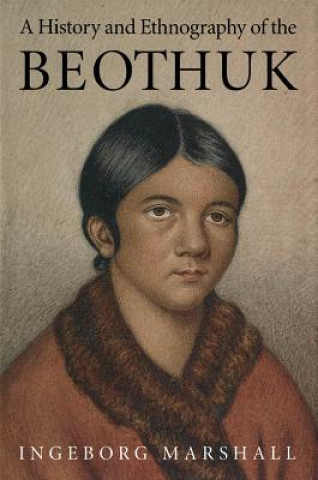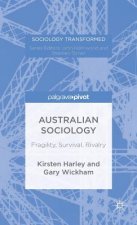
Dostawa
Doradca ds. zakupów
16 126 809 książek w 175 językach







Pokaż wszystkie języki (175)





Jednak się nie przyda? Nic nie szkodzi! U nas możesz zwrócić towar do 30 dni
 Bon prezentowy
O dowolnej wartości
Bon prezentowy
O dowolnej wartości
Bon prezentowy to zawsze dobry pomysł. Obdarowany może za bon prezentowy wybrać cokolwiek z naszej oferty.
History and Ethnography of the Beothuk
 Angielski
Angielski
 131 b
131 b
30 dni na zwrot towaru
Mogłoby Cię także zainteresować


The story of the Beothuk is a tragic one. The Aboriginal inhabitants of Newfoundland, they were hunters, gatherers, and fishers who moved seasonally between the coast and the interior. With the influx of European settlements and fisheries in the 1700s, the Beothuk found their territory reduced increasingly and conflict between the two groups escalated. The Beothuk population declined steadily and by the early 1800s the Beothuk had ceased to exist as a viable cultural group. Shanawdithit, the last Beothuk, died in 1829. Following their extinction, the Beothuk came to be viewed as a people whose origins, history, and fate were shrouded in mystery. On a quest to sort fact from fiction, Ingeborg Marshall, a leading expert on the Beothuk, has produced this review of the history and culture of the Beothuk that incorporates archival material with up-to-date archaeological data. Part I documents the history of the Beothuk from the first European encounter in the 1500s to their demise. The author focuses on relations between the Beothuk and the English through the centuries and the reasons for change in Beothuk distribution and population size. The work considers the increasing competition between Beothuk and English for resources on the coast, the ways in which English trappers interfered with Beothuk hunting activities, and the hostilities that resulted. It also examines the conciliatory attempts of private citizens and naval officers, the taking of Beothuk captives, and factors such as disease and starvation that contributed to the decline of the population. Relations with Inuit, Montagnais, and Micmac are also discussed. Part II is a comprehensive review of Beothuk culture.
Informacje o książce
 Angielski
Angielski
Kategoria




 Jak kupować
Jak kupować















